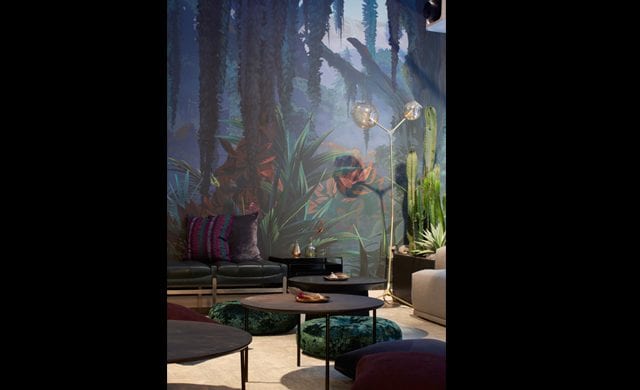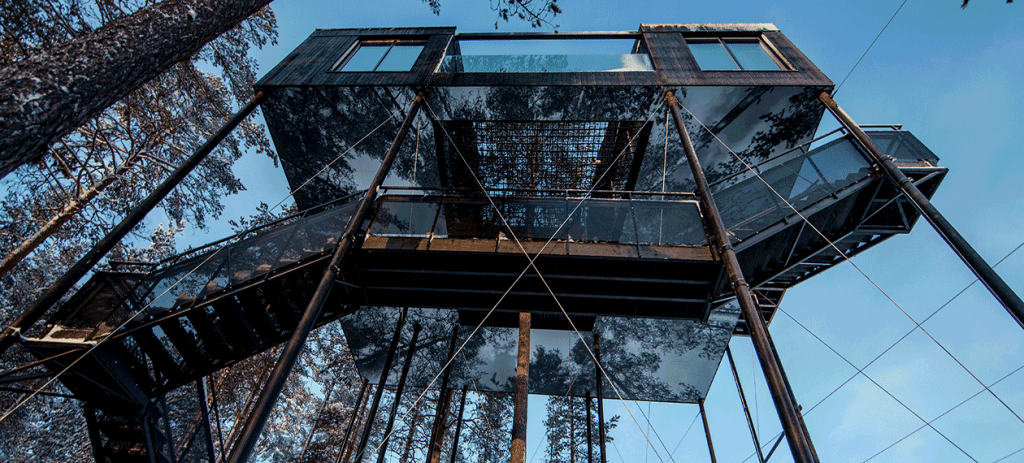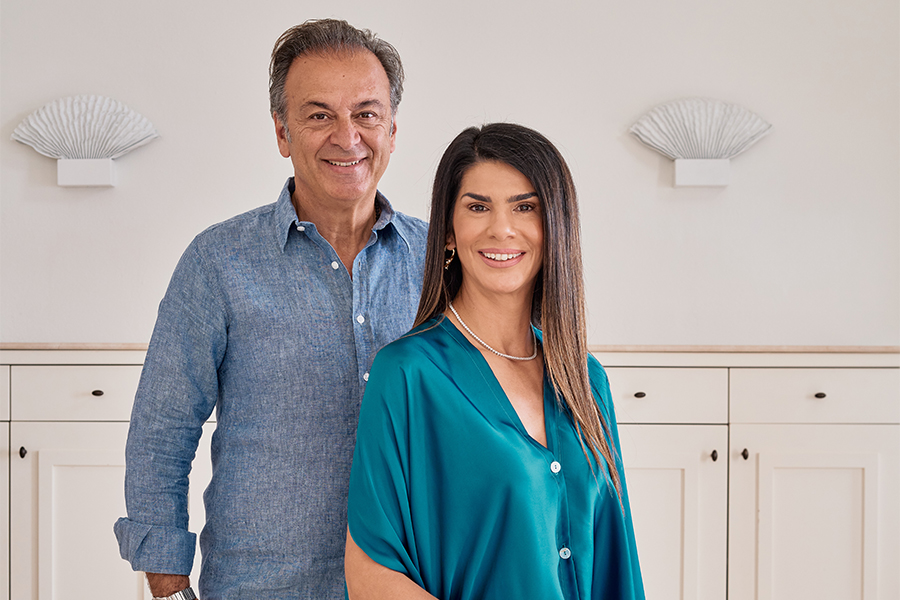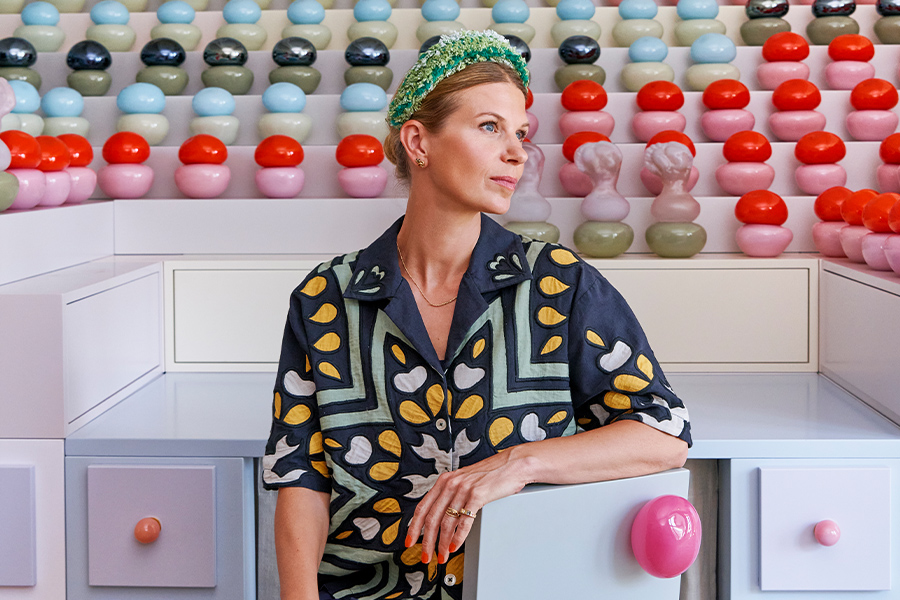Native Californian Amber Davis came to New York to study art history at Columbia University, ultimately translating that degree into her current role as a a trend tracker with a passion for design, F&B, and hospitality. Here, the US advisory strategist at Stylus (and speaker at HD Expo this year) talks movements in the industry, highlighting a new napping culture and mental health-based wellness concepts, as well as what she finds most inspiring.
How did you become a tracker of trends?
While at an advertising agency specializing in luxury goods, a former colleague recommended me for a position at a small innovation and strategy consulting firm. I had no idea what that meant. I met with the president of the company and realized it was what I’d always secretly wanted to do. I wasn’t right for the open position, but he told me to come on board for a few weeks to see if I could make myself useful. I was there for five years.
Hospitality-wise, what’s on your radar?
The concept of tribal hospitality. Hotels and clubs that cater to different sectors of society has evolved into a broader trend that will shape the social and cultural fabric of future cities. As coworking and co-living hubs begin to diversify into subscription- and membership-based, the lines between the home and hotel will blur into one functional, multipronged concept. Technology also continues to be a key influencer in the hospitality realm. The next frontier for this type of technology is hotel rooms that can be altered and customized via voice command.

Located in Manhattan’s Financial District, the part coworking, part members’ club the Assemblage combines wellness with traditional workspace amenities thanks to a design from Meyer Davis.
As far as cross-industry trends, are you seeing anything new?
A key trend we’re seeing is the emergence of cafés or restaurants in non-food retailers. Besides encouraging customers to linger in a shop, the addition of a food offer directly entices experience-hungry, young consumers. It’s a strategy that Tiffany & Co. has capitalized on, opening a café in its New York flagship. Besides encouraging customers to linger in a shop, the addition of a food offer directly entices experience-hungry, young consumers. This includes cafés like Nap York in Midtown New York, which is tapping into the new napping culture. [At the same time] medical gyms and spas that have doctors and therapists onsite are tackling wellbeing from a more holistic perspective.

Tiffany & Co.’s Blue Box Cafe is dressed in the brand’s signature blue hue from Tiffany artistic office Reed Krakoff.
How would you define luxury today?
From a personal perspective, I consider luxury to be a material or immaterial encounter with the sublime. Anything from the perfect Muji case for that odd thing I’ve been trying to store or a beachside brunch with my 94-year-old grandparents. What we value and what brings us that kind of transcendent pleasure is often deeply personal, but always specific to sociocultural context.
Is there anything new that consumers are looking for?
Narrative has always been important, especially in hospitality and luxury, two extremely story-driven categories. But the hunger for transparency, from sustainability initiatives to how workers are treated to where and how products are sourced, this has all translated into a desire for purchases in unexpected categories, which is about more than the item or experience the consumer takes home. They’re looking for a positive ripple effect in the world.
How do you think wellness will continue to grow?
The growing openness to extreme, outré, and even taboo practices as paths to wellness will be interesting to watch. Because mental healthcare is such an open and somewhat challenging space institutionally, there appears to be a lot more experimentation taking place. The growing research in, for example, psychedelic microdosing, psychotropics, the reclamation of cannabis for medical use, deep brain stimulation and the rebirth of electrotherapy, nootropics, and cognitive health as a performance and productivity concern is fascinating and truly fertile ground for innovation. We can no longer look at the mind and body as two separate entities.
What about the hospitality industry do you find inspiring?
The growing variety of transformative experiences. There is something for every kind of traveler, every kind of guest and, above all, better uses of technology to personalize and streamline experiences.

Part of the Treehotel, the Snøhetta-designed 7th room is a treehouse retreat with views of the Lule River.
If you could have dinner with anyone, living or dead, who would it be?
Michel Foucault. I know this answer is obnoxious, but in addition to being brilliant, he knew how to have a good time.
What would you eat?
An array of breakfast foods prepared by Prince.


